The draft proposal on the development of the Personal Income Tax Law (replacement) of the Ministry of Finance is attracting public attention, especially comments from the People's Committee of Can Tho City.
Can Tho City People's Committee proposed that the unit drafting the Law on Personal Income Tax (replacement) study expanding the tax calculation for savings interest and only exempting tax for small-scale deposits.
According to current regulations, individuals receiving interest from deposits at credit institutions and foreign bank branches (including demand deposits, term deposits, savings, deposit certificates, promissory notes, treasury bills and amounts with the principle of full repayment of principal and interest) are exempt from tax.
Currently, only income from corporate deposit interest is subject to corporate income tax.
Regarding this proposal, Ms. Ta Thi Hien (45 years old, in Hanoi) said that currently, banks all have small savings packages, even with 1 million VND, you can open a savings account, so for a long time, with surplus money, she still saves, sometimes only a few million VND. "Usually, I only save with small accumulations and mainly choose short terms so that when I need money, I can withdraw it. Therefore, if I tax it, it is unreasonable" - Ms. Hien said.
"My savings are from unused surplus salary. I have to pay personal income tax on my salary, but when I put my salary in savings, I have to pay personal income tax again. Isn't that tax on tax?" - Ms. Hien added.
Financial expert Nguyen Thuy Anh said that people who choose to invest by depositing savings are those who aim for safe, low-risk investments such as real estate and stocks. Choosing to deposit savings in banks is the safest investment channel, not the most attractive investment channel. They can be elderly people or people with average and low surplus funds. Therefore, if people's deposits are subject to personal income tax, there is a risk that this money will flow to channels such as gold, USD or real estate...

Illustration
Impact on lending rates
According to Dr. Can Van Luc, a banking and finance expert , taxing savings interest can affect the capital mobilization capacity of the banking system and the economy. "Once the amount of people's deposits decreases, commercial banks will have to compete in deposit interest rates, which will lead to an increase in lending interest rates and borrowers (businesses and people) will still be the ones most affected," the expert analyzed.
"Taxing deposit interest is normal in developed countries, but it should not be done in Vietnam at the moment. In the future, if we tax, we need to determine the subjects, tax thresholds and only apply it to people with high incomes" - Dr. Can Van Luc analyzed.
A bank representative said that when using customers’ savings for investment and business, the banks themselves have paid corporate income tax. In other words, all profitable investment and business activities have contributed tax to the state by the parties involved.
Therefore, the proposal to tax personal income tax on savings deposits needs to be studied scientifically and comprehensively, and at the same time, there must be a database to assess the impact of this policy on the interest rate level in the banking system as well as the economy.
In response to these conflicting opinions, the Ministry of Finance said that the State's direction is to restructure budget revenue sources to ensure a safe and sustainable national financial system. One of the important solutions is to expand the tax base and limit the integration of social policies into taxes.
At the same time, tax exemption, reduction and deferral policies need to ensure neutrality. This viewpoint is implemented in the spirit of Resolution 07/2016 of the Politburo.
In the draft Law on Personal Income Tax (replacement), the Ministry of Finance also cited experiences from a number of countries as a reference.
For example, in Thailand, taxable income is divided into several categories, including income from dividends and interest on bank deposits. In China, the Personal Income Tax Law stipulates that interest on deposits, dividends, and profit distributions are all taxable income. Similarly, in Korea, interest on deposits is also subject to personal income tax.
However, some other countries apply tax deduction policies for mortgage interest payments to support people in owning houses.
Therefore, in this revision of the Personal Income Tax Law, the Ministry of Finance is studying the addition of specific deductions, including home loan interest. Adjusting the scope of tax exemptions and reductions needs to be considered based on many factors, ensuring consistency with the State's policies, domestic practices and tax reform trends in the world.
Source: https://phunuvietnam.vn/ban-khoan-truoc-de-xuat-danh-thue-thu-nhap-tien-lai-gui-tiet-kiem-20250218162459753.htm










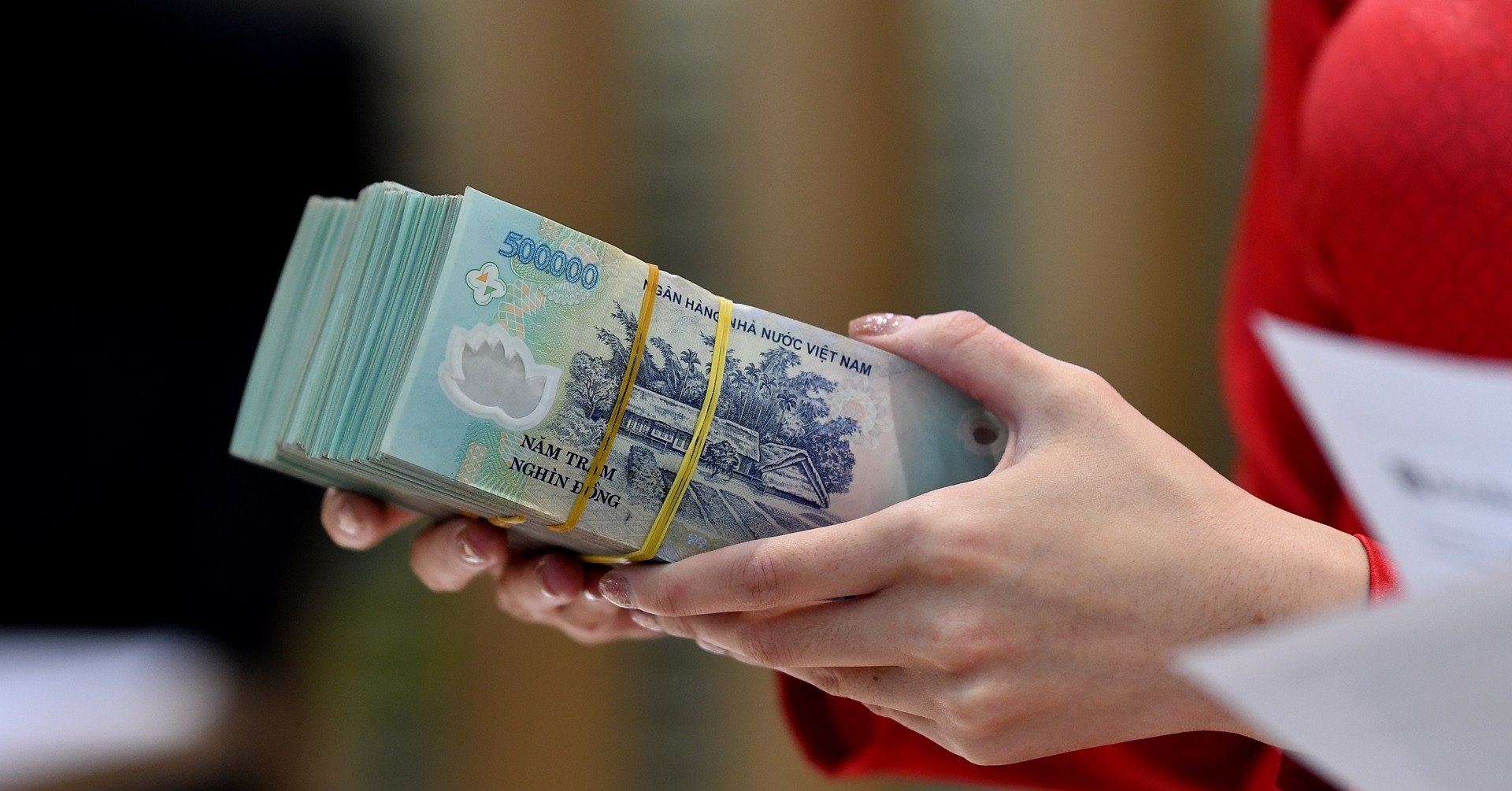

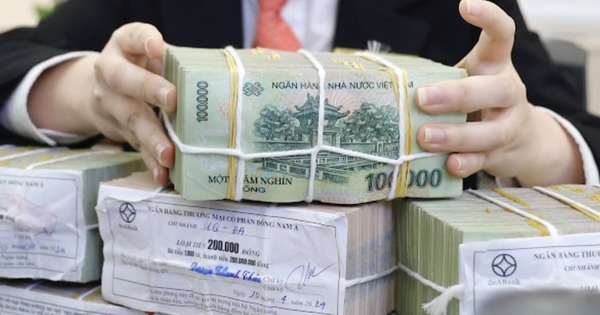

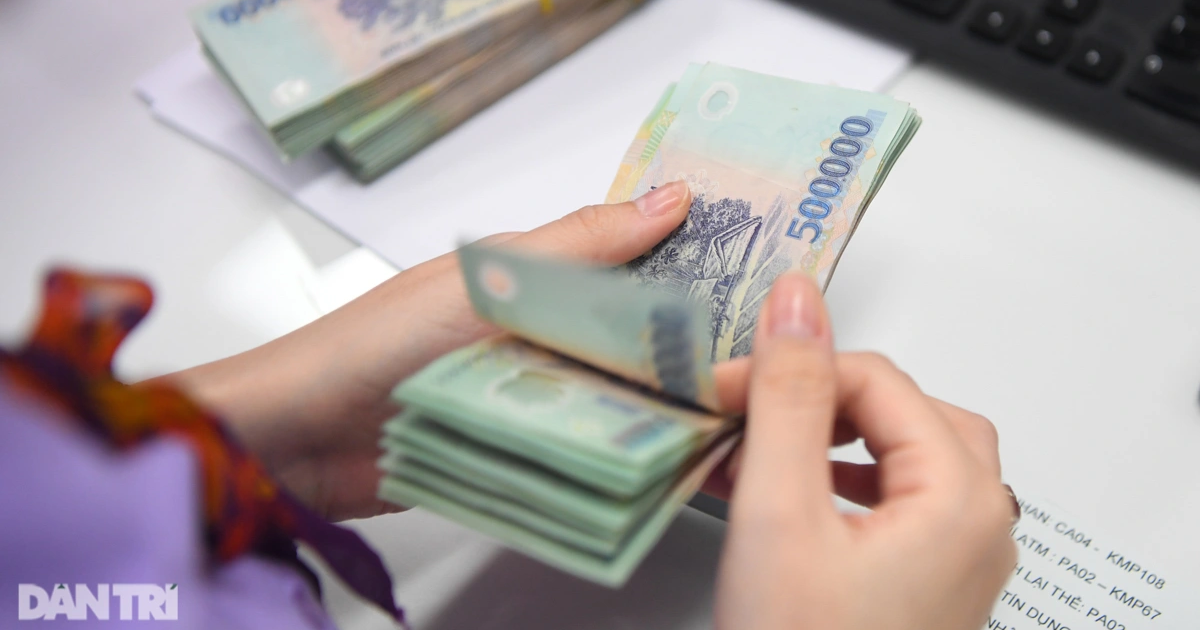








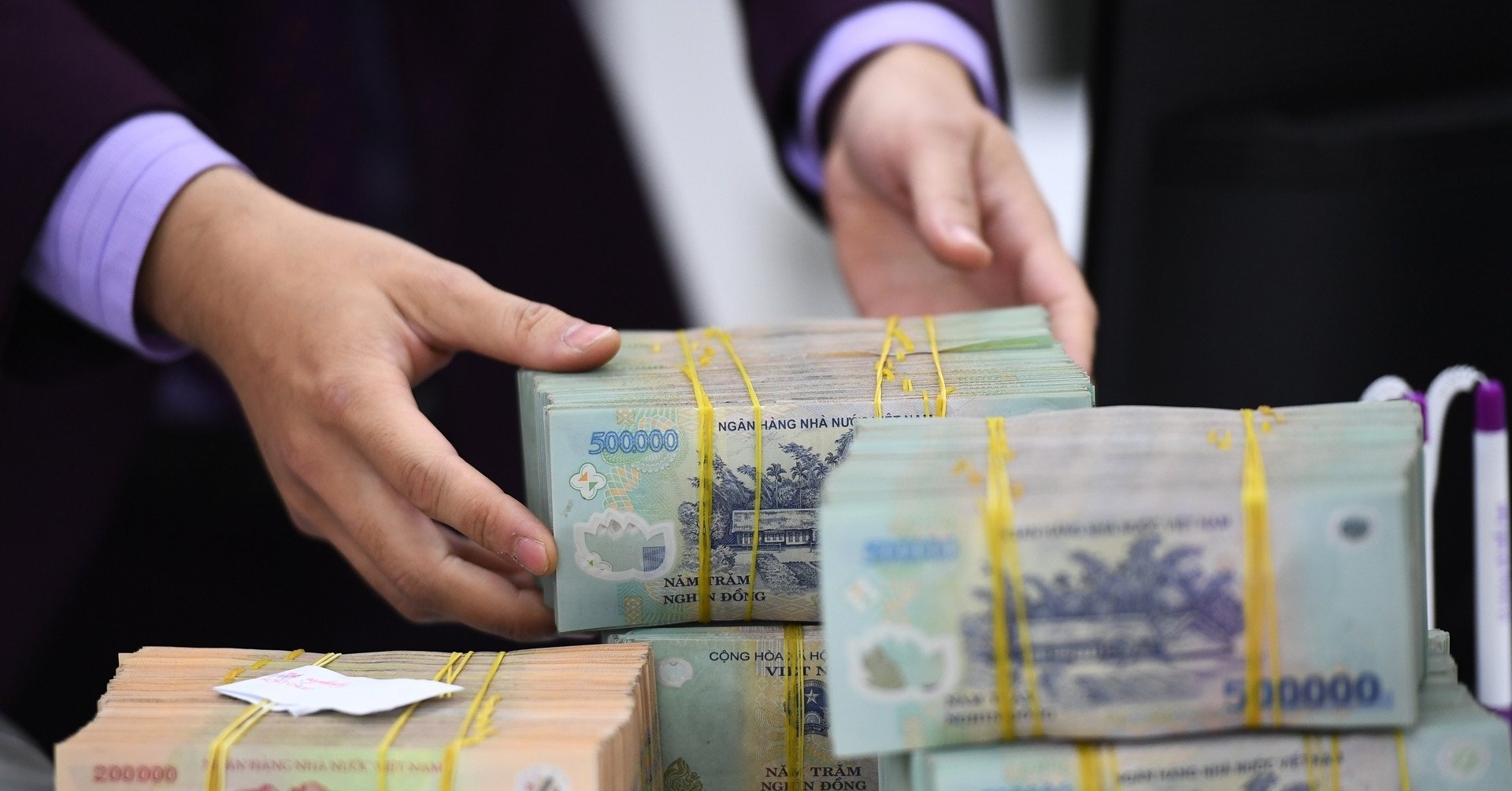













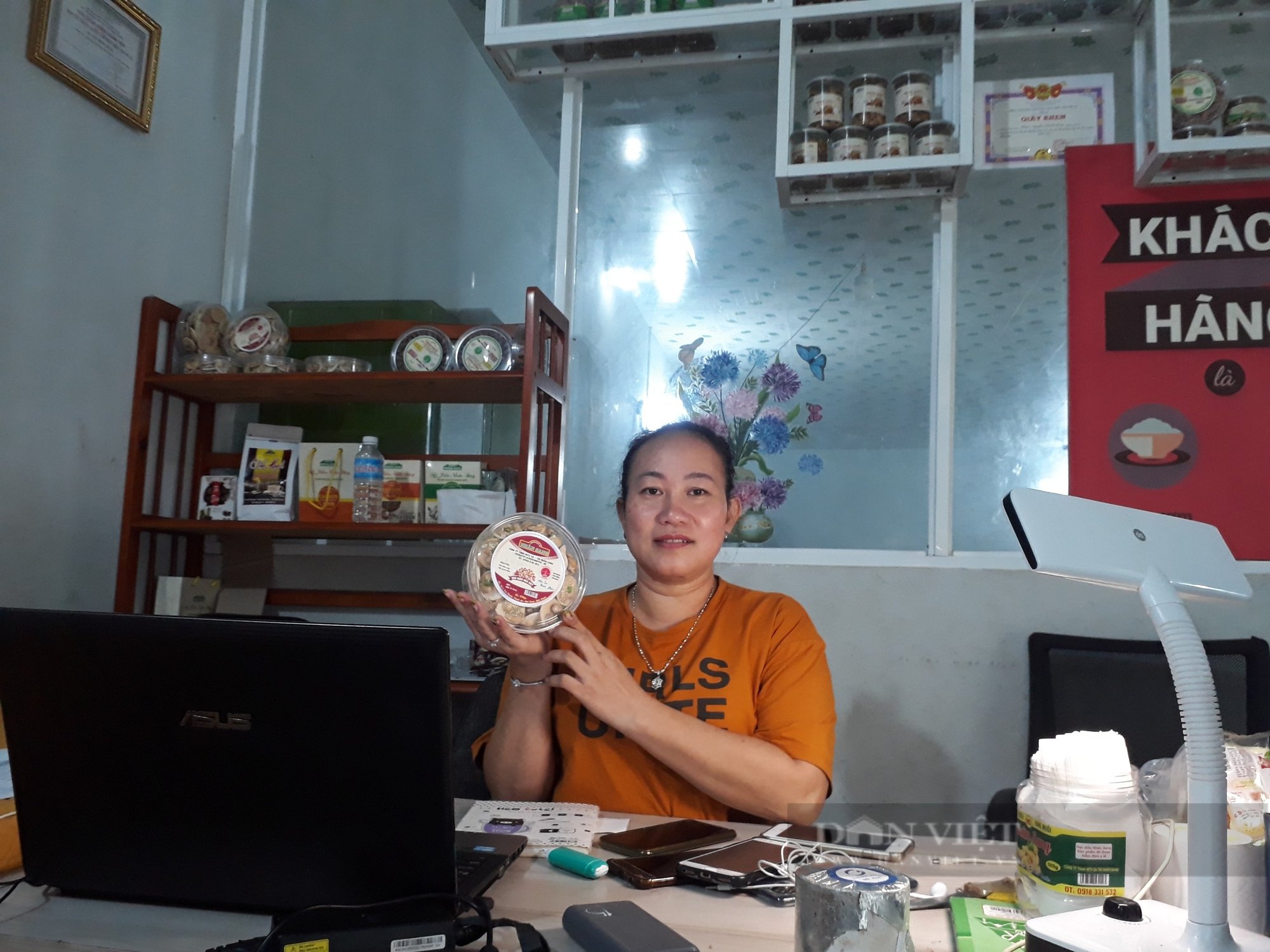



Comment (0)